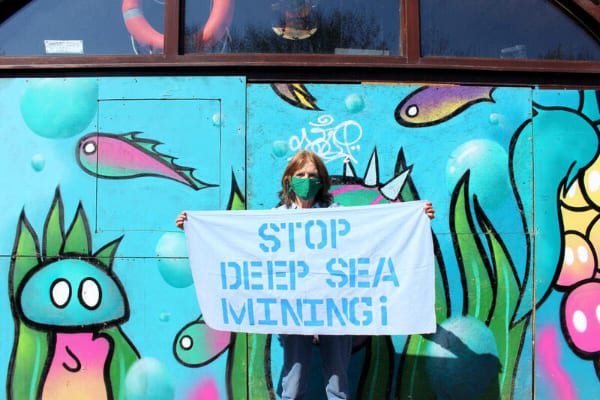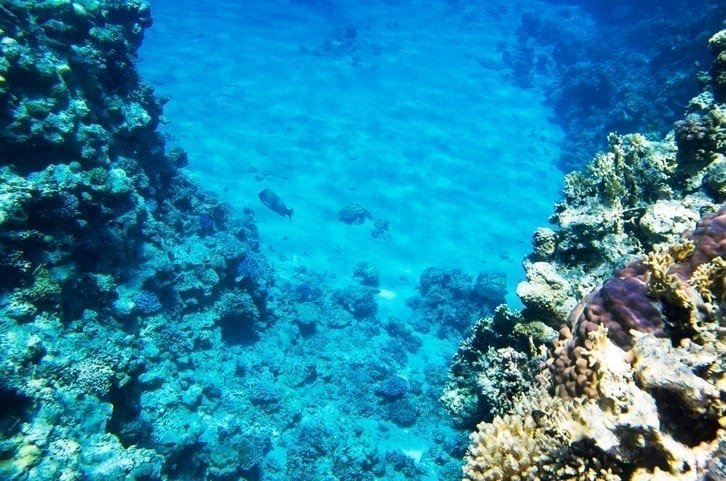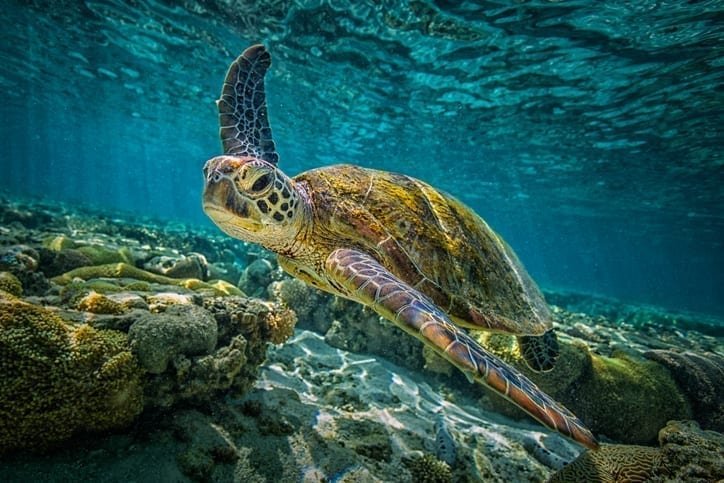‘If governments cannot be trusted to get the exploration phase right, what hope is there of them managing potentially environmentally catastrophic deep sea mining responsibly? These licences show a clear lack of diligence and oversight on the part of the UK Government, highlighting once again the need for a precautionary pause on all deep sea mining.’
CHARLES CLOVER
Executive director of Blue Marine Foundation
Lockheed Martin’s licences
Corporate seabed exploration must be sponsored by a nation state signed up to UNCLOS.
The United States is not party to UNCLOS, or a member of the International Seabed Authority, meaning weapons giant Lockheed Martin had to obtain sponsorship from a different government, in this case the UK, to explore and exploit deep sea mineral deposits.
It did so by setting up UKSRL, a wholly owned subsidiary of Lockheed Martin.
UKSRL was established only days before the licences were signed. UKSRL was incorporated on 04 May 2012, with the sponsorship certificate between UKSRL and the UK Government signed on 11 May 2012, and the licences signed on 18 May 2012.
This raises questions about how much due diligence would have been possible before the licences were granted by the UK government to UKSRL.
Low fee charged
The licence fees charged by the UK Government to UKSRL are strikingly small in comparison with those charged by other member states.
UKSRL’s total fees for each licence amount to just £50,000 over the 15-year period. Belgium, for example, charges an application fee of €10,000, and an annual charge of €40,000, amounting to €610,000 over 15 years.
The ISA also charges an application fee of $500,000 and annual charge of $80,000, totalling $1.7m over 15 years. The reasons for the UK Government’s fees being so low are unclear.
The lost mining robot
In late April 2021, the first deep sea mining test in the Pacific led to the loss of a 25 tonne mining robot on the seafloor after its communications cable was severed, putting sensitive ecosystems at risk.
The robot has since been recovered, but this raises even more questions about the viability of the industry.
Over the last month, Greenpeace activists across the UK have displayed banners making clear the UK is deeply against deep sea mining.
 Play Video about This Rock Might Just Save The World
Play Video about This Rock Might Just Save The World Play Video about Play 2 hours of rock
Play Video about Play 2 hours of rock Play Video about Play 2 hours of brook
Play Video about Play 2 hours of brook Play Video about Play 2 hours of sheep
Play Video about Play 2 hours of sheep















































